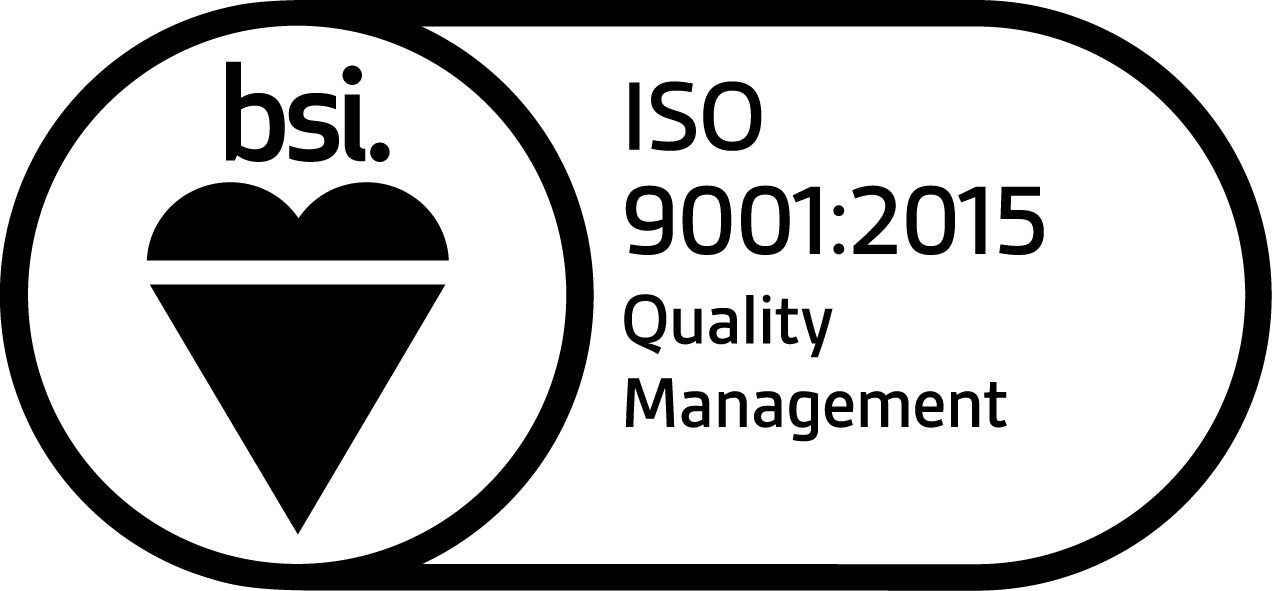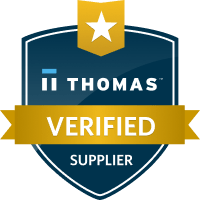What is Urethane?
A Versatile Material for Countless Applications
Urethane, also known as polyurethane, is a polymer (What is a polymer?) known for its incredible versatility, making it a top choice across industries. From aerospace components to industrial mallets, urethane products combine durability, flexibility, and resistance to wear, offering exceptional performance in demanding environments.
Learn more about Urethane Advantages to see why it outperforms other materials like rubber or plastic.
Contact Today to Ask About Urethane Urethane Introduction
Why Weaver?
- Urethane customized to your needs, from mold manufacturing and prototyping to production runs and final product
- Durometers ranging from 30 Shore “A” (soft) to 80 Shore “D” (hard)
- Variety of pigments to produce a broad range of colors
- New formula development or basic formula adaptation to exact specifications
- We can strip and recoat worn parts, bond to metal, grind to tight tolerances, and work from existing tooling.
How is Urethane Made?
Urethane is created through a precise chemical reaction that combines diisocyanates and polyols. This reaction forms a durable product that can be molded, cast, or machined into a variety of shapes and products. Here are the key steps involved in manufacturing urethane products:
1. Chemical Reaction
The process begins with carefully selecting the types of diisocyanates and polyols. By controlling the ratio of these components, Weaver Industries can fine-tune the properties of the urethane, such as its hardness (measured by durometers), flexibility, and resistance to abrasion or chemicals.
2. Custom Blending
To meet a specific application’s needs, additives like pigments, stabilizers, or fillers may be included in the urethane. For example, Weaver Industries offers a range of urethane pigments to fully customize your urethane products for branding or procedural purposes.
3. Molding and Casting
The newly mixed urethane is then poured into molds designed to create your desired shape. These molds can vary from being simple to highly complex, depending on the desired application. During this phase:
- Open casting is a method where the urethane is poured into molds, allowing the material to fill in the detailed portions of the mold without the use of pressure. This can be used for large, less intricate designs, and is also great for prototyping and low-volume requests.
- Compression molding creates dense, uniform products by pouring urethane into molds and then compressing them under pressure. When tight tolerances need to be met, this process is an excellent choice.
- Injection molding allows for high-precision, repeatable production of small or intricate parts.
4. Curing and Finishing
After molding, the urethane undergoes a curing process. This step solidifies the material and enhances its strength. Once cured, the product can be further refined through:
- Machining: Trimming or shaping the product to exact specifications.
- Coating: Applying finishes to improve performance or appearance.
5. Quality Assurance
Before delivery, your custom urethane products manufactured by Weaver Industries are inspected to ensure they meet strict quality standards. Weaver Industries uses advanced testing methods to verify durability, hardness, and performance.
Contact Today to Ask About Urethane Request a Quote
Key Properties of Urethane
Urethane is a highly adaptable material that offers an unmatched combination of strength, flexibility, and resistance to wear. Its ability to perform under extreme conditions, while maintaining its integrity, makes it an ideal choice for several applications in your business. Additionally, urethane’s customizable nature allows it to meet the unique demands of various industries.
Here’s a breakdown of what makes urethane a useful product across many industries:
• Durability
Urethane’s properties make it perfect for applications where it needs to endure constant stress and friction, making it ideal for manufacturing parts like conveyor belts, industrial rollers, and seals. Its ability to resist cuts, tears, and impact ensures that your components last longer, even in the most demanding of environments such as manufacturing plants or construction sites.
• Flexibility
Urethane’s adaptable nature allows it to perform in applications requiring both rigidity and elasticity. For example, it can be utilized in suspension bushings in the automotive industry, where it must absorb shocks while maintaining shape. Its flexibility also then makes it suitable for molded gaskets that require a precise fit across irregular surfaces.
• Resistance
Urethane exhibits excellent resistance to chemicals, oils, and extreme temperatures, making it invaluable in harsh environments. It is commonly used for linings in storage tanks exposed to corrosive materials or for wheels and tires that must function in high-heat conditions, such as those in industrial ovens or foundries.
• Customizability
Part of urethane’s amazing versatility is how it allows for a wide range of customization options, including pigments or color to match your brand or need, and tailored hardness levels. Weaver Industries has the capability to adjust size, shape, color, and performance properties, ensuring a perfect fit for your application ranging from the precision of a medical component to working in large-scale industrial equipment.
These properties make urethane an ideal choice for applications requiring long-lasting, reliable materials.
Urethane Advantages Industries Served by Urethane
Common Applications of Urethane
Urethane’s adaptability shines across industries:
- Aerospace: Heat shields, tooling components.
- Industrial: Rollers, seals, gaskets.
- Consumer Goods: Durable urethane mallets and other tools.
Explore our Common Urethane Products page to discover more applications.
Common Urethane Products Urethane Mallets
Why Choose Urethane Over Other Materials?
Compared to legacy materials like rubber, plastic, wood, or even metal, urethane produced by Weaver Industries often outperforms due to its unique combination of properties. Its superior adaptability, resistance, and durability make it the material of choice in scenarios where other materials fall far short. Here’s how urethane gets the job done when others can’t:
Urethane vs. Rubber
Rubber is flexible and widely used, but it struggles with prolonged exposure to abrasion and heavy loads. Urethane, by contrast, offers significantly better abrasion resistance, making it ideal for applications like conveyor belts, industrial rollers, and mining equipment. Where rubber components wear down quickly, urethane parts maintain their integrity and the required flexibility, reducing maintenance costs and downtime.
Urethane vs. Plastic
Plastic is lightweight and inexpensive. However, plastic often lacks the strength and flexibility needed for more demanding applications. Custom urethane products will provide a much higher load-bearing capacity while still maintaining flexibility, making it perfect for products like suspension components, seals, or gaskets that perform under constant stress. Additionally, unlike plastic, urethane does not crack or break under pressure or the most extreme temperatures.
Urethane vs. Metal
While metals may be strong and durable, they are also susceptible to corrosion in harsh environments. As urethane is highly resistant to chemicals, moisture, and salt, that makes it an excellent choice in applications like marine equipment, chemical processing components, or even pipelines. Additionally, urethane is lighter than metal, which allows for reduced product weight while maintaining strength. Such properties are critical for aerospace and automotive applications.
Urethane vs. Wood
Wood is cost-effective and easy to shape. But, unlike urethane, it can fail when exposed to moisture, heavy loads, or abrasive conditions. Urethane excels in wet or high-friction environments. As an example, urethane coatings can protect surfaces like floors, ramps, or loading docks where wood would wear down, rot, and splinter under similar conditions.
By choosing urethane, industries can reduce maintenance costs, extend product life, and improve overall performance. Contact Weaver Industries to explore how urethane can transform your application!
Weaver Industries: Leaders in Custom Urethane
At Weaver Industries, we don’t just sell urethane; we craft solutions. With decades of experience, we offer custom urethane products tailored to your exact specifications.
Ready to experience the benefits of urethane? Contact us today to get started on your project!





